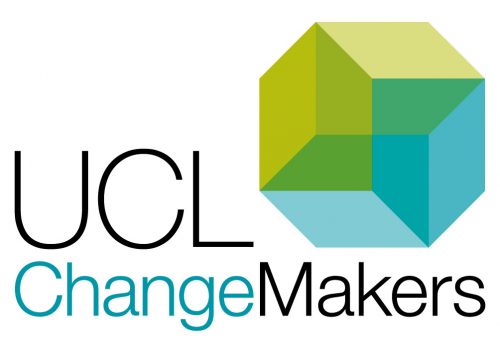The team
Caterina Pellò (staff, lead) Annemarie Schunke (PhD student), Mridula Gullapalli (UG student)
Department
Greek and Latin
What happened?
We organised a speaker-series where students and staff gave mini lectures to improve the diversity and inclusivity of the current Greek and Latin courses. Ancient Studies cover a wide geographical territory, which is culturally and politically diverse. As such, this subject provides an opportunity to explore a broad range of human experiences. The aim of this lecture series was twofold: first, we invited speakers to give talks on unresearched topics so as to create new teaching resources that would improve diversity in the Greek and Latin curriculum. Talks focused on neglected ancient figures and topics, such as gender, race, age, disability, class, religion, and sexual orientation. Second, we created a platform where staff and students could reflect on the limits, approaches, methodological issues, and new challenges of decolonising the field, as well as create teaching resources to improve existing modules. Finally, this was also meant as an opportunity for students to gain teaching, writing, and speaking experiences, and to receive constructive feedback on their work from their colleagues and peers.
